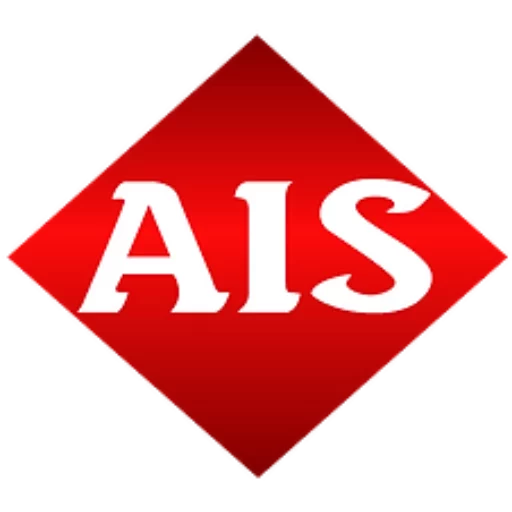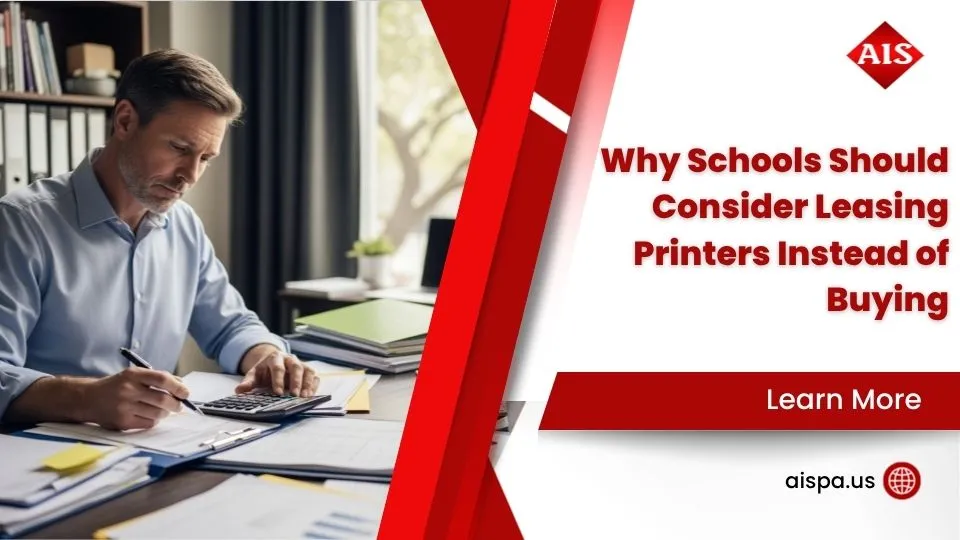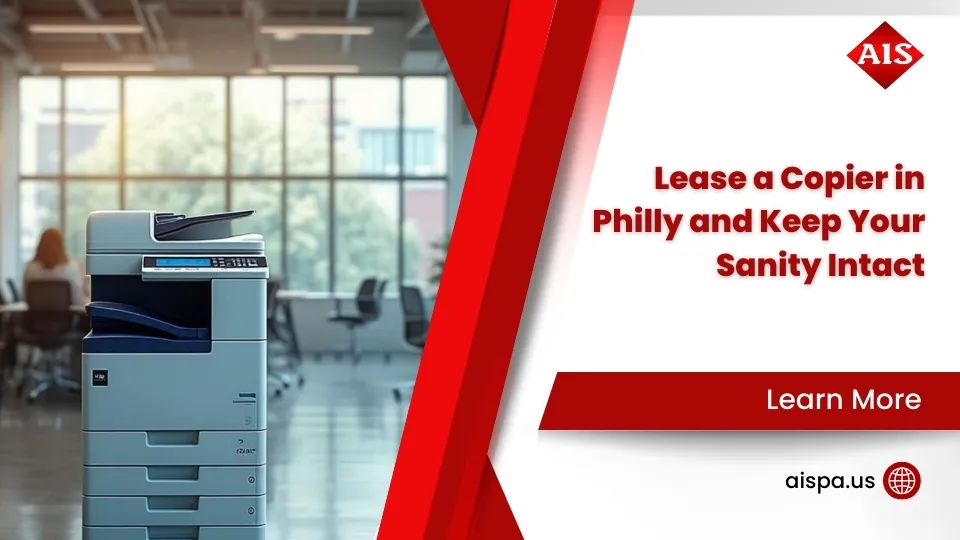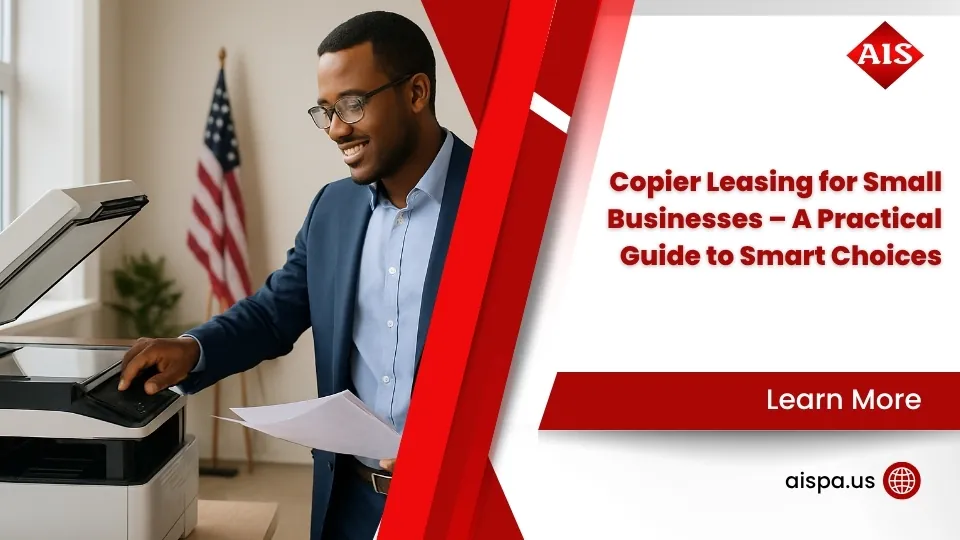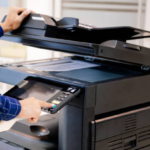A Guide to Understanding Copier Leasing Terms and Conditions
Copier Leasing Terms and Conditions
Copier leasing is a practical and cost-effective solution for many businesses. It allows companies to access the latest copier technology without the significant upfront costs associated with purchasing new office equipment. Understanding the terms and conditions of a copier lease is crucial to ensure that businesses can maximize the benefits of leasing while avoiding potential pitfalls.
This article will delve into the key elements of copier lease agreements, the costs involved, the options available, and the responsibilities of both the lessee and the lessor.
Understanding Copier Leasing Terms and Conditions
Copier leasing is the process of renting a copier or printer for a specified period, typically ranging from one to five years. Leasing offers several advantages over buying, such as lower initial costs, access to the latest technology, and flexible upgrade options.
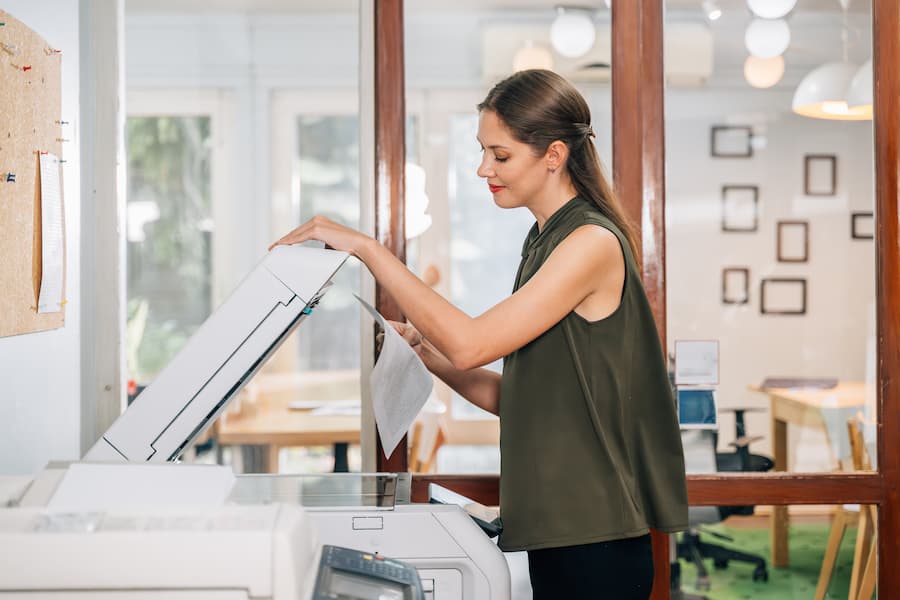
By spreading the cost over the lease term, businesses can manage their budgets more effectively. However, to make the most of these benefits, it’s essential to understand the leasing terms and conditions thoroughly. This guide will cover everything from lease agreements to choosing the right copier for your business needs.
Key Elements of a Copier Lease Agreement
A copier lease agreement is a legally binding contract between the leasing company and the business. It outlines the terms and conditions under which the copier is leased. Understanding these key elements is crucial for making informed decisions.
Lease Term and Duration
The lease term refers to the length of time the copier is leased. Typical lease terms range from 12 to 60 months. A shorter lease term might offer more flexibility and allow businesses to upgrade to newer models sooner. However, shorter terms may come with higher monthly payments.
On the other hand, longer lease terms usually have lower monthly payments but may lock businesses into outdated technology for a longer period.
Costs Associated with Leasing a Copier or Printer
Leasing a copier or printer involves several costs beyond the basic lease payment. These can include an initial setup fee, monthly maintenance fees, and costs for supplies such as toner and paper. It’s important to understand all these costs upfront to avoid unexpected expenses.
Lease agreements should clearly outline what is included in the monthly payments and any additional charges that may apply.
Lease Options and Flexibility
Copier lease agreements can vary significantly in terms of flexibility. Some leases may offer the option to upgrade to a newer model during the lease term, while others may have strict terms that do not allow changes.
It’s important to discuss these options with the leasing company to ensure the lease agreement meets your business needs. Flexible lease options can be particularly beneficial for rapidly growing businesses that may need more advanced technology as they expand.
Responsibilities and Maintenance
Maintenance and repair responsibilities should be clearly defined in the lease agreement. Typically, the leasing company is responsible for maintaining the copier and providing repairs as needed.
However, businesses may be required to handle routine maintenance tasks, such as replacing toner cartridges. Understanding these responsibilities can help avoid conflicts and ensure the copier remains in good working condition throughout the lease term.
Choosing the Right Copier or Printer for Your Business
Selecting the right copier or printer is critical to ensuring that the leasing arrangement meets your business needs. There are several factors to consider, including the copier’s features, its capacity to handle your business’s volume of work, and the reliability of the manufacturer.
Types of Copiers Available
There are various types of copiers machine available on the market, each designed to meet different business needs. Multifunction copiers, which combine printing, scanning, copying, and faxing capabilities, are popular for their versatility.
Specialized copiers, such as high-speed or high-volume models, may be more suitable for businesses with specific requirements. It’s important to assess your business’s needs and choose a copier brand just like Xerox that aligns with them.
Buy or Lease a Copier
Deciding whether to lease or buy a copier involves weighing the pros and cons of each option. Leasing a copier typically requires lower upfront costs and offers the flexibility to upgrade to newer models. It can also provide tax benefits, as lease payments can be deducted as business expenses.
Buying a copier outright may be more cost-effective in the long run but requires a significant initial investment. Additionally, owning a copier means you are responsible for maintenance and repairs.
Reputable Leasing Companies
Choosing a reputable leasing company is essential to ensure a smooth leasing experience. Look for companies with a strong track record and positive customer reviews. Evaluate the leasing offers and terms provided by different companies to find the best deal. It’s also important to understand who owns the copier during the lease term and what happens at the end of the lease.
Some companies may allow you to purchase the copier at the end of the lease, while others may require you to return it.
Understanding the Fine Print in Lease Agreements

The fine print in lease agreements often contains critical information that can impact your leasing experience. It’s important to read and understand all the terms and conditions before signing the agreement.
End of Lease Terms and Conditions
At the end of the lease term, businesses typically have several options. They can return the copier machine, purchase it at a predetermined price, or renew the lease. It’s important to understand these options and any associated costs. Returning the copier may involve fees for wear and tear, while purchasing it may require a lump-sum payment. Understanding these terms can help businesses plan for the end of the lease and make informed decisions.
By understanding these key aspects of copier leasing terms and conditions, businesses can make informed decisions that align with their needs and budget. Whether you’re considering leasing for the first time or looking to renew an existing lease, this guide provides the essential information needed to navigate the leasing process effectively.
Practical Considerations for Leasing a Copier
When leasing a copier machine, several practical considerations can significantly impact your business’s efficiency and budget. Understanding these factors can help you make an informed decision and ensure that the leasing arrangement aligns with your business needs.
Assessing Your Business Needs and Copier Usage
Before leasing a copier, it’s crucial to assess your business’s specific needs and how the copier will be used. Consider the volume of copying and printing your business requires on a daily, weekly, and monthly basis. High-volume businesses may need a robust, high-speed copier, while smaller businesses with lower print volumes might find a multifunction copier more suitable. Additionally, consider the types of documents you will be copying or printing. For example, businesses that frequently print high-quality marketing materials may require a copier with advanced color printing capabilities.
Understanding your copier usage can also help determine the most cost-effective lease term. If your business is expected to grow, choosing a flexible lease with upgrade options might be beneficial. This ensures that you can upgrade to a more advanced copier as your needs evolve without incurring significant additional costs.
Planning for the Future and Scalability
Scalability is a critical factor when leasing a copier. Your business needs today may differ significantly from your needs in the future. When evaluating copier lease options, consider the potential for business growth and the copier’s ability to scale with your operations. Leasing a copier that can handle increased volume and additional features can save time and money in the long run.
Discuss future scalability with your leasing company to ensure they can accommodate upgrades or additional equipment if needed. Flexible lease agreements that allow for periodic upgrades or add-on features can provide the adaptability your business needs to grow seamlessly.
Leasing for Small vs. Large Businesses
The leasing needs of small businesses differ from those of larger enterprises. Small businesses often prioritize cost-effectiveness and may benefit from leasing multifunction copy machine that offer various functionalities in one device. These copiers can print, scan, copy, and fax, reducing the need for multiple pieces of equipment and saving office space.

Large businesses, on the other hand, may require high-volume, high-speed copiers capable of handling extensive printing tasks efficiently. They may also need multiple copiers distributed across different departments or locations. In such cases, negotiating a bulk lease agreement with a leasing company can provide cost savings and simplify management.
Geographic Considerations
When choosing a leasing company, consider whether you prefer working with a local or national provider. Local leasing companies can offer personalized service and faster response times for maintenance and repairs. They are often more familiar with regional business needs and can provide tailored solutions.
National leasing companies, however, may offer a wider range of copiers and more competitive pricing due to their larger scale. They can also provide consistent service across multiple locations, which is beneficial for businesses with offices in different regions. For businesses in specific areas like South Florida or Miami, it’s worth evaluating both local and national providers to find the best fit.
Copiers for Specific Industries
Different industries have unique copying and printing needs. For instance, healthcare organizations require copiers with high security features to protect patient information, while educational institutions may need high-volume copiers to manage extensive paperwork. Legal firms might prioritize copiers that can handle large volumes of double-sided documents efficiently.
Discussing your industry-specific needs with the leasing company can ensure you get a copier that meets your exact requirements. Some leasing companies specialize in certain industries and can provide copiers with specialized features tailored to those sectors.
What People May Also Ask
What are the Typical Lease Terms for a Copier?
Typical lease terms for a copier range from 12 to 60 months. Shorter lease terms (12-24 months) offer flexibility but usually come with higher monthly payments. Longer lease terms (36-60 months) have lower monthly payments but may lock you into using the same copier for a longer period. Choosing the right lease term depends on your business needs, budget, and the likelihood of technology changes in your industry.
How Much Does It Cost to Lease a Copier?
The cost to lease a copier varies based on the copier model, lease term, and additional services included. On average, businesses can expect to pay between $100 to $1,000 per month. This cost typically includes the lease payment, maintenance, and sometimes supplies like toner. It’s essential to get a detailed breakdown of all costs involved to avoid any surprises.
What Happens at the End of a Copier Lease?
At the end of a copier lease, you generally have three options: return the copier, purchase it at a predetermined price, or renew the lease. Returning the copier might involve fees for wear and tear. Purchasing the copier can be a good option if it’s still in good condition and meets your needs. Renewing the lease might be beneficial if you want to continue using the copier without the upfront cost of purchasing.
Can I Upgrade My Copier During the Lease Term?
Many leasing companies offer the option to upgrade your copier during the lease term, although this may come with additional costs. Upgrading can be beneficial if your business needs change or if you want to take advantage of newer technology. It’s important to understand the terms and conditions related to upgrades before signing the lease agreement.
How Do I Choose the Right Copier for My Business?
Choosing the right new copier involves assessing your business’s copying and printing needs, considering the types of documents you produce, and evaluating the copier’s features. Key factors to consider include print speed, paper capacity, multifunction capabilities, and cost. Consulting with a reputable leasing company can help you find a copier that matches your specific requirements.
What Should I Know Before Signing a Copier Lease Agreement?
Before signing a copier lease agreement, thoroughly review the terms and conditions. Pay attention to the lease term, monthly payment amount, maintenance responsibilities, and end-of-lease options. It’s also important to understand any penalties for early termination or exceeding usage limits. Ensuring clarity on these aspects can prevent misunderstandings and ensure a smooth leasing experience.
Conclusion
Understanding copier leasing terms and conditions is essential for making informed decisions that align with your business needs and budget. By considering factors such as lease term, costs, flexibility, and the reputation of the leasing company, businesses can maximize the benefits of leasing.
Whether you’re leasing for the first time or renewing an existing lease, this guide provides the essential information needed to navigate the leasing process effectively. Always review lease agreements thoroughly and consult with the leasing company to clarify any uncertainties before signing. With the right approach, copier leasing can be a cost-effective and efficient solution for your business.
For more information and services you can contact us for a free quote and estimation.
- Address: 165 Veterans Way, Warminster, PA 18974
- Email: sales@aispa.us
- Call Us: (215) 999-8445
